Blog
 05 Dec 2024
05 Dec 2024
The Dental Implant Procedure: What to Expect at Every Step
Living with missing teeth can lead to more than just cosmetic concerns. It can impact your ability to chew food properly, cause speech difficulties, and even affect your facial structure over time. Gaps in your smile can also lead to the shifting of surrounding teeth and the gradual loss of jawbone density, creating a ripple effect of oral health challenges. Thankfully, dental implants offer a proven, long-lasting solution for replacing missing teeth, restoring not only your smile but also your oral health and confidence.
 10 Jun 2024
10 Jun 2024
Dental Implants in Modern Dentistry
Welcome to the revolutionary world of dental implants, a cutting-edge solution for restoring missing teeth. At Trillium Smile Dentistry, we pride ourselves on being at the forefront of this transformative technology in Mississauga. Dental implants offer a durable and natural-looking alternative to traditional dentures and bridges, providing patients with restored function and confidence. This blog will explore the history, types, procedures, and costs associated with dental implants and why Trillium Smile Dentistry is the ideal choice for tooth restoration.
 05 Nov 2023
05 Nov 2023
Dental Implants: Guide to Aftercare and Maintenance
Getting dental implants to replace missing teeth is one of the best things you can do for your oral health and quality of life. Implants will help you speak, chew, and smile like you used to and help keep your jawbone from degrading.
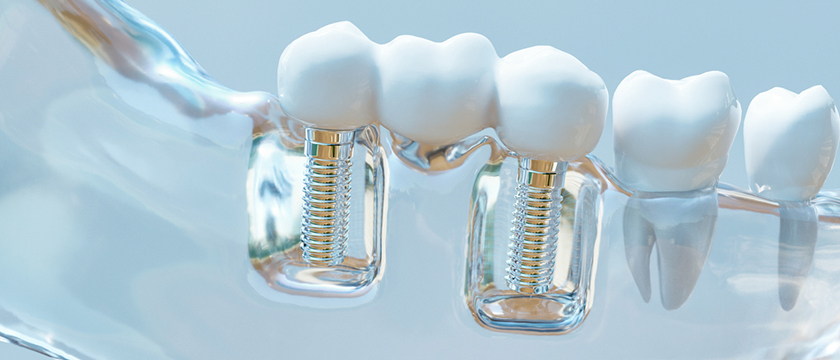 10 Mar 2023
10 Mar 2023
15 Things You Didn’t Know About Dental Implants
If you have been thinking about getting dental implants, you have probably done a lot of reading on the subject. While there is plenty of information available online regarding things like tooth implant costs and the best materials to choose from, what about the lesser-known details? Here are the answers to 15 questions about tooth implants that you may have been wondering about.
 10 Dec 2022
10 Dec 2022
5 Problems Missing Teeth Can Cause & The Best Replacement Solutions
While adult teeth can last a lifetime, many Canadians will lose at least one to injury, decay, gum disease, or oral health problems. In addition to the mental distress it causes, this loss can have significant health impacts too. Fortunately, modern dentistry has come up with several excellent solutions to replace a missing tooth. Today, we will examine some of these problems and solutions in further detail to help you decide how to handle your missing tooth troubles.
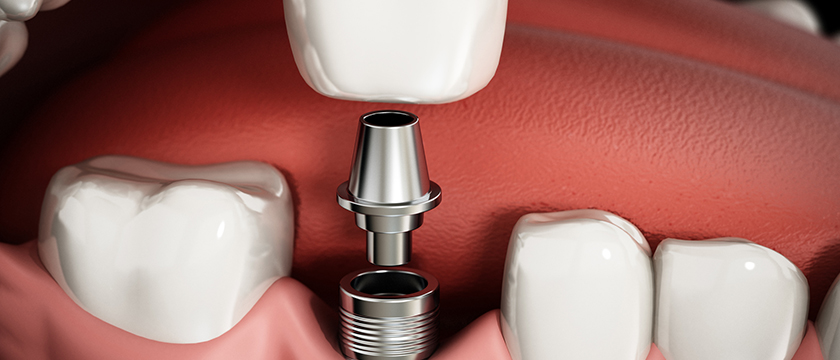 05 Dec 2022
05 Dec 2022
Things You Need to Know Before Opting for Dental Implants
Many people who are thinking about getting dental implants feel apprehensive about the process. With so many unknowns to contend with, this is no surprise. Learning more about dental implants and the procedure needed to place them can put your mind at ease and help you discover if they are right for you.
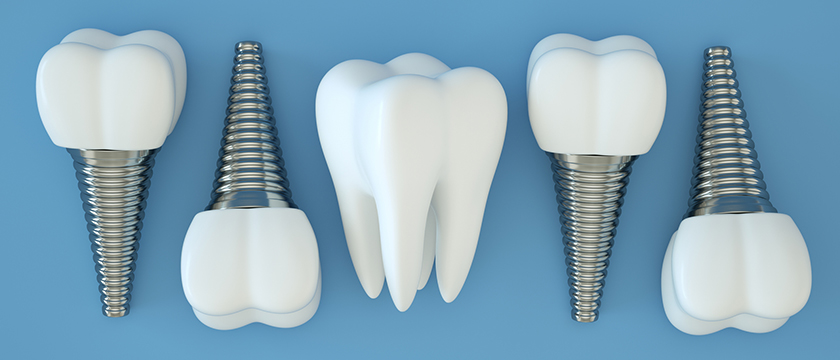 05 Sep 2022
05 Sep 2022
15 Myths About Dental Implants You Should Know
Dental implants are a most popular tooth replacement options available today. However, there are still many myths surrounding them that make some people hesitant to consider getting them. If you are looking to replace one or more missing teeth, it is important to separate fact from fiction regarding these incredible prosthetics. To help you do so, we have assembled a list of 15 of the top myths we have heard about dental implants and the procedure required to get them.
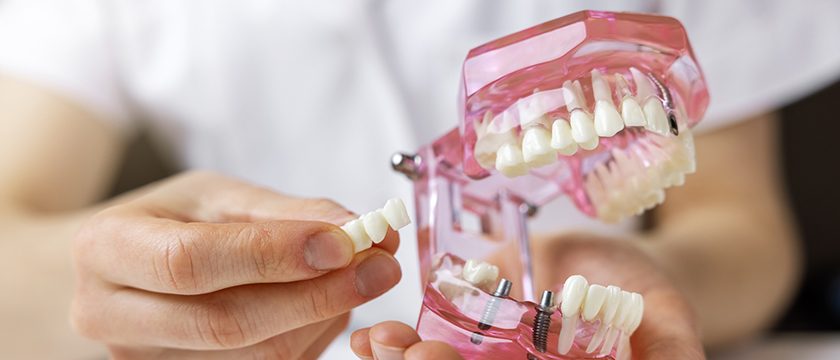 05 Aug 2022
05 Aug 2022
A Complete Guide to Dental Bridges
Tooth loss is an extremely common dental problem for Canadians, especially older individuals. Unfortunately, this loss can lead to many other problems, including difficulty speaking and eating as well as low self-esteem.
 10 Dec 2021
10 Dec 2021
Choosing Between Dental Implants & Dentures
If you have one or more missing teeth, you have a choice to make. Do you want implants or dentures? While other tooth replacement options like dental bridges exist, these two dental prosthetics are the most versatile and the most used.
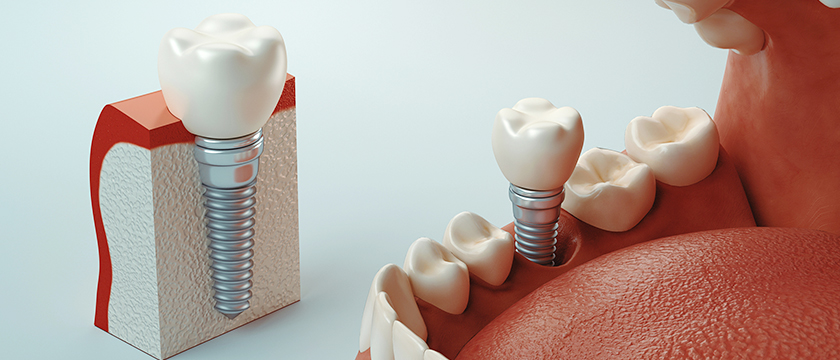 10 Jul 2021
10 Jul 2021
A Complete Guide to Dental Implants
Tooth loss is a common dental condition seen among patients. Losing a tooth to injury, gum disease, or decay can impact your facial appearance and compromise your ability to speak and chew normally. Many people who have lost a tooth worry about it constantly and become self-conscious, afraid to let anyone see the gap in their smile.
Dental implants can be used to replace missing teeth and correct these problems. Many patients report that getting dental implants has had a significant impact on their quality of life. Some forget that they were ever missing a tooth in the first place. Our guide will teach you everything you need to know about dental implants, including what they do, how they are placed, and why they are the right choice to replace your missing tooth.
